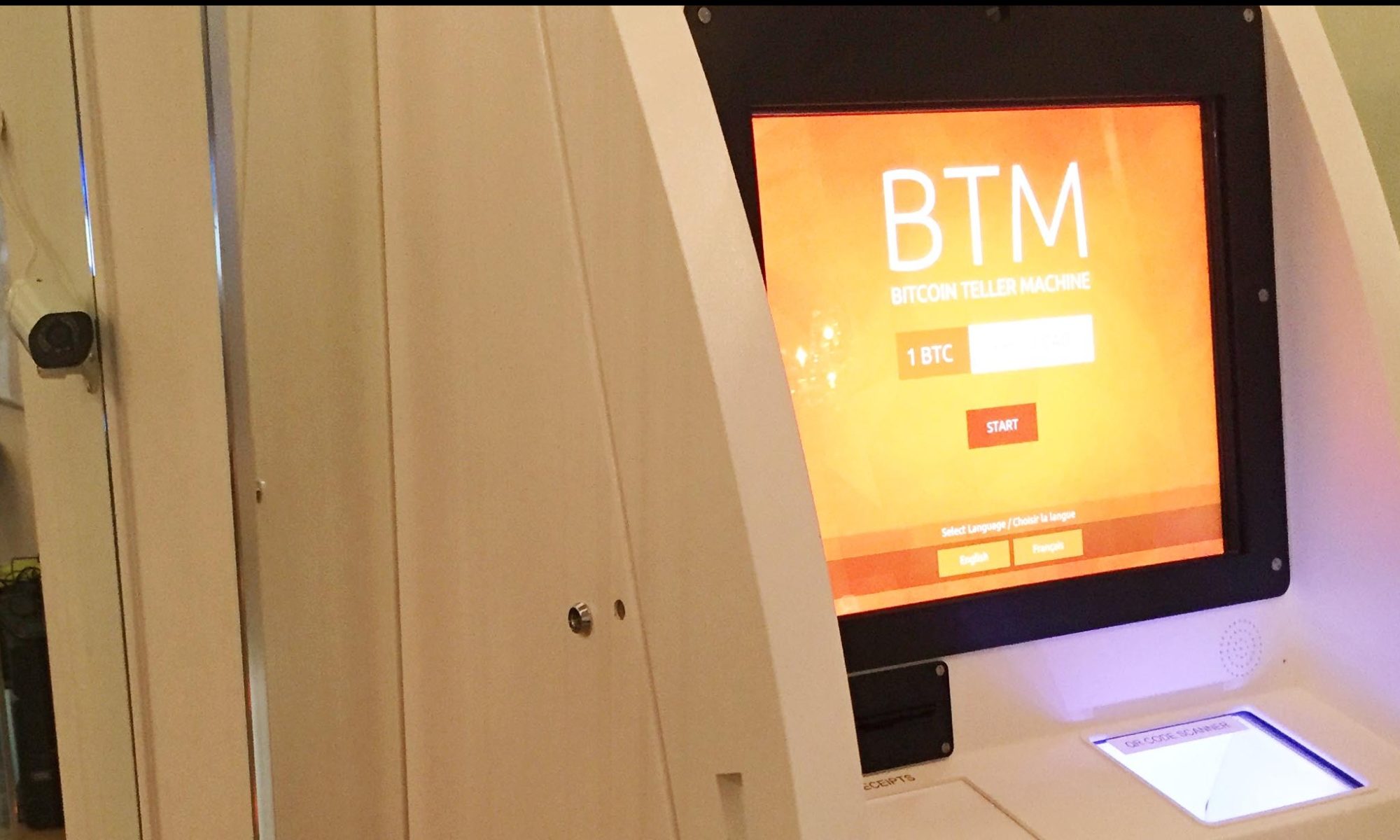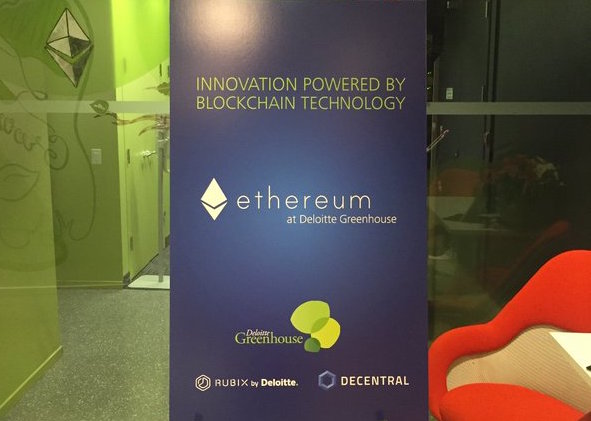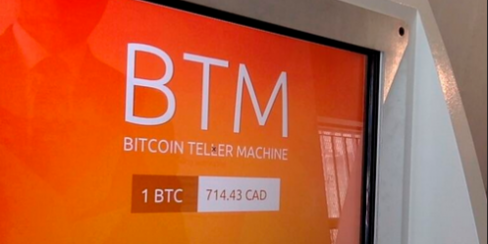More than once I have been accused of pivoting my business direction too quickly — but to paraphrase Heraclitus: “change is the only constant.” This is especially true of the digital age, which is experiencing change at an ever accelerating pace.
One significant factor spurring the rate of change is the way the network creates a multiplier effect. Brad Feld of Tech Stars notes “the shift from hierarchical to networked society has been emergent throughout the Information Era.” Enhanced by an expanded (globalized) field of play, the multiplier effect of the network creates an extremely dynamic innovation environment. The financial services industry in particular is experiencing “significant uncertainty,” to quote from the World Economic Forum report I wrote about in my last blog. This is a problem stemming from the industry’s lack of common understanding on recent innovations and what impact these innovations will have on incumbents. Alex Rampell, an entrepreneur and newly announced partner at Andreessen Horowitz, has pointed out that banking and insurance are especially vulnerable to digital innovation because of their “dependence on legacy technologies.”
Whereas previously most companies, including banks, would have a “digital strategy” as one component of their business operations, today the entirety of a company’s strategy now takes place within a largely digitized world. Digital is now at the core of every business. To understand the truth of this statement look no further than the consumer culture of today, which makes potent use of the leveraging power of the internet.
Consider recent changes in customer behaviour and the expectations digital culture creates. Consumers today know they can comparison shop and crowd source information about products, as well as actively participate in such conversations; they can unbundle services and opt for personalized versions of these according to information they get online about companies; and not least, they have expectations about business being transparent and accountable that will only become more prevalent as applications for the blockchain and Fintech, the areas we specialize in at my company Decentral, get popularized.
The speed of digital innovation and the newly empowered consumer it creates means the imperative of our time is for enterprise to be on a war footing — to not only adapt but adapt constantly. My own experience provides an excellent case study about the necessity of adapting within the current environment of constant change. Starting out in 2012, I created Toronto’s first Bitcoin Meetup group, a regular event that welcomed a small group of cryptocurrency enthusiasts. Within months, I had shifted my focus beyond cryptocurrencies to decentralized technologies and changed the name of the Meetup group to DEC_TECH (a coinage from “decentralized technologies”). The business and software development hub I opened in early 2013 was first called Bitcoin Decentral and initially was launched as a coworking and event space for the Meetups. Within a year I had shortened the company name to Decentral while my focus shifted to co-founding and working on the Ethereum project, alongside the development of other cryptocurrency-related activities.
Decentral has Toronto’s most active Bitcoin ATM on-site and is home to my company Kryptokit, a security and decentralized tech software firm. Founded in 2013, Kryptokit has always been a core operation within our business that has allowed us to experiment with other ideas. For a time, we contemplated becoming an accelerator, and in 2014 started Decentral.tv, an online channel for information about decentralized tech. As of January this year we have further expanded our activities to launch Decentral Consulting, advising commercial entities (including banks and financial institutions) about how to implement the blockchain and other Fintech solutions. This has been a business pivot that is keeping us busy, as more and more companies are looking for guidance in this area. And as always, we are contemplating further changes to Decentral.
With fewer than 10 employees, Decentral is essentially a lean operation. Facilitating understanding of the blockchain revolution is at the essence of what we do and, because of our professional focus on developments in the space, we have been able to adapt and adapt quickly within this rapidly evolving environment.
A guiding principle of entrepreneurial world is that wisdom that comes from experimentation; in the words of Brad Feld, “trying equals learning.” As Eric Ries advocates in his influential book The Lean Startup (2011), the mantra for successful companies today is “fail fast and pivot” — be ready to experiment and create timed benchmarks for deciding whether or not a project is viable. If not, you can pivot to take another approach, a practice we have found to be necessary and effective at Decentral.
In this era of explosive change, large companies must essentially be prepared to adopt a lean startup ethos. In their report Being digital: Fast forward to the right digital strategy, Accenture has formulated a methodology for how this might be possible. Decisions about an overall direction for the company will provide a set of goals, but within that direction “a multi-speed strategy [ensures] that each part of the organization can move at a different pace.” Further inflection of the strategy comes from the understanding that the speed of change will most likely require a revision of investment horizons, “leading to strategies based on sequencing of multiple bets on the future.” Finally, within this framework of organized contingency, companies should “experiment intelligently…to quickly verify and refine ideas in the face of changing demands” — companies should “fail fast and pivot,” in other words.
If recent experience is any guide, this programmatic for a new way of doing business will be widely adopted out of necessity not choice. As someone who has built their business as a rapidly evolving entity, it’s a necessity I am OK with. I’ll take the charge of changing quickly as a compliment.













 Made in Canada
Made in Canada